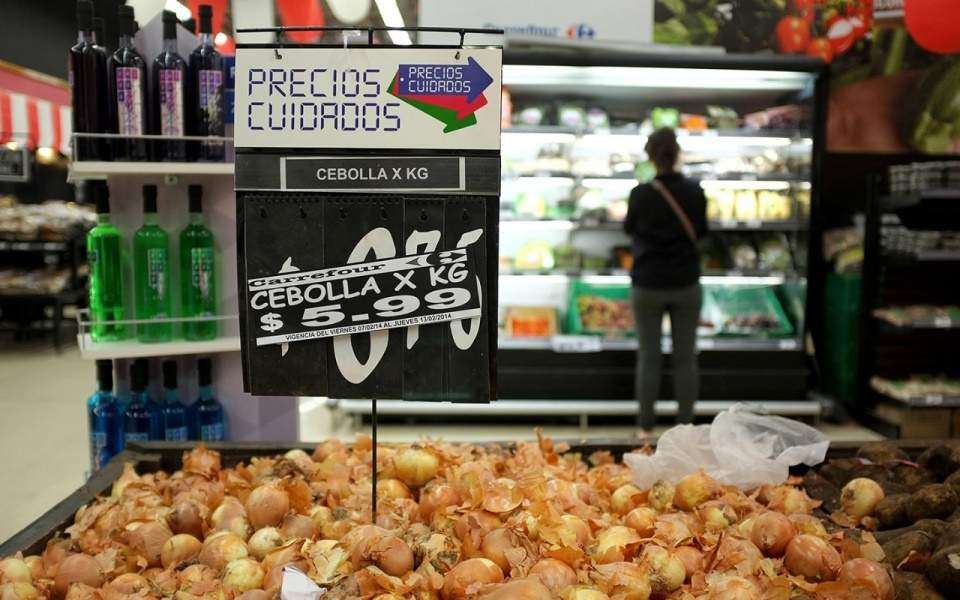Argentina’s inflation remained unchanged at 1.9% in August, consistent with the previous month, according to data. Prices increased by 33.6% over the last year, a slight decrease from the 36.6% observed in the year leading up to July. Transport prices experienced a notable increase of 3.9%, primarily driven by rising costs in vehicles and fuel. Subsequently, the category of alcoholic beverages and tobacco accounted for 3.5%, driven by increasing tobacco prices.
Economy Minister Luis Caputo expressed satisfaction with the figure. “For the first time since November 2017, inflation has been below 2% per month for four consecutive months,” he noted. The clothing sector uniquely exhibited deflationary trends, with prices decreasing by 0.3%. The Pro-Tejer garment factories foundation indicates that prices within the sector are declining as a result of a significant drop in consumption and the Milei administration’s decision to liberalize imports in this area. “Individuals are experiencing financial constraints, as their essential expenditures — including food, energy, gasoline, electricity, water, rent, maintenance fees, and health insurance — have risen, not to mention transportation costs,” stated Marco Meloni. “This indicates that our sector is lagging: the purchase of a pair of pants or a shirt is being deprioritized.”
According to statistics, clothing imports have surged by 130%, he noted. The figure excludes Chinese fast-fashion e-commerce platforms, which he described as “bloodstained” and lacking regulation. He noted that Argentina ought to emulate France, which has recently enacted legislation aimed at fast fashion and clothing overconsumption, introducing taxes, advertising restrictions, and sustainability regulations. INDEC intends to implement a revised methodology for the Consumer Price Index, utilizing data reflecting household expenditures from 2017-18.
The Milei administration faces criticism for employing expenditure data from 2004 as a basis for measuring inflation. This does not accurately represent the significance of utility bills within the monthly expenditures of Argentines. The alteration was disclosed in the most recent staff report from the International Monetary Fund. The objective is “to better reflect structural changes in cost patterns” and to “improve data quality,” as stated in the report.

